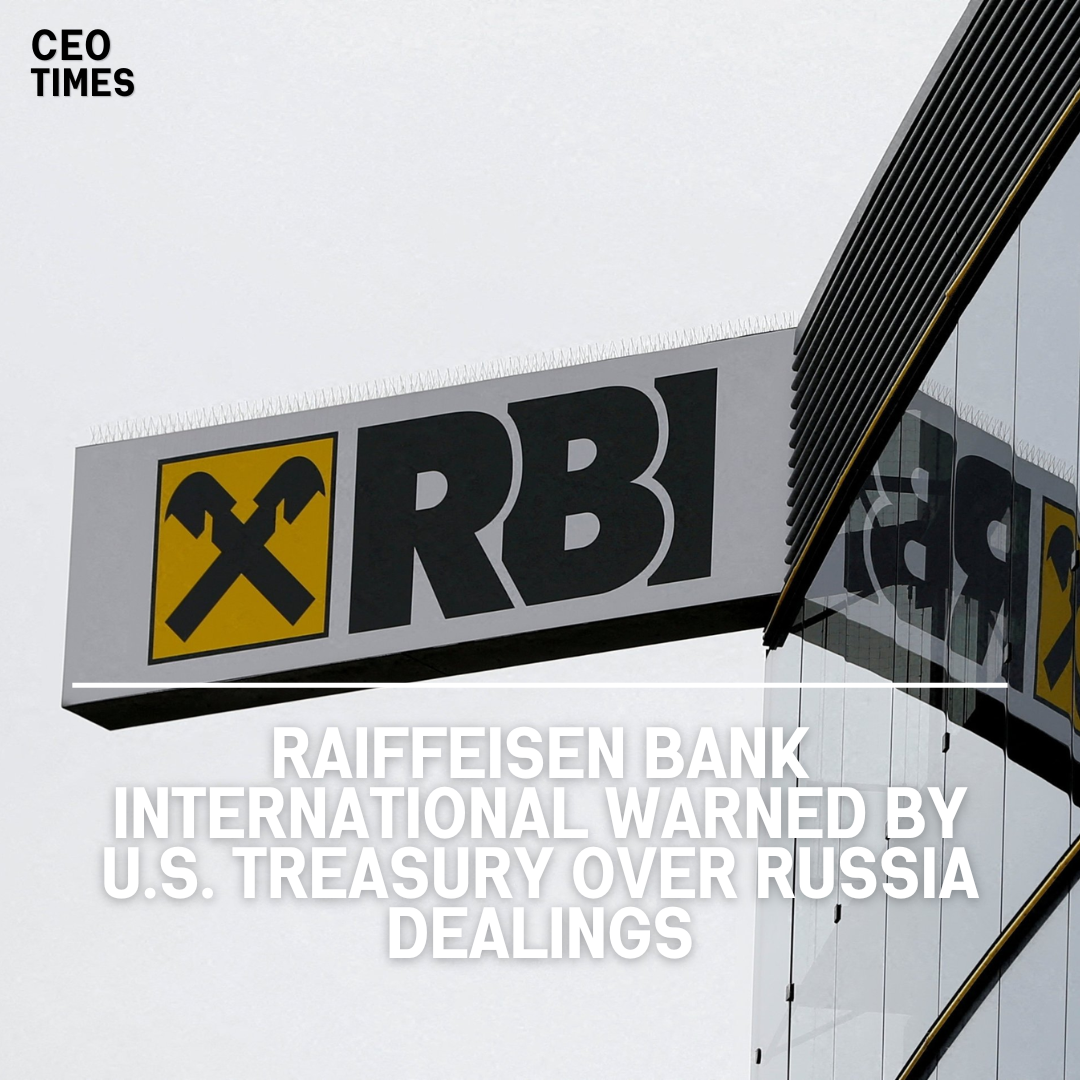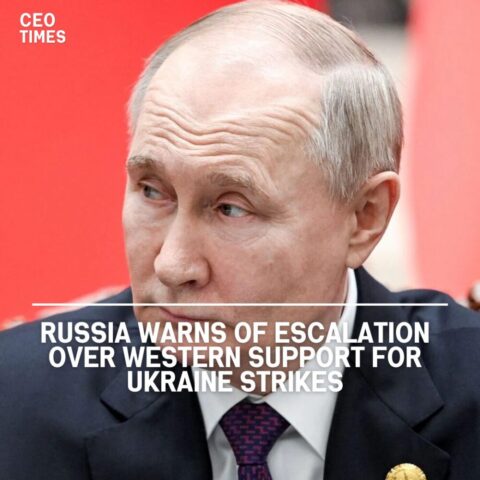According to a source familiar with the matter, Raiffeisen Bank International (RBI) received a written warning from the U.S. Treasury regarding its operations in Russia and a controversial $1.5 billion deal with a sanctioned Russian tycoon.
Deputy Secretary of the Treasury Wally Adeyemo sent the letter on May 6, expressing concerns about RBI’s activities in Russia and the deal with Oleg Deripaska, which the bank has since abandoned.
Pressure from Washington:
The U.S. Treasury’s letter marks the most stringent warning yet to the largest Western bank operating in Russia. It follows extensive scrutiny by Washington over RBI’s business dealings in the country.
The warning highlights the frustration within the U.S. government despite RBI’s recent decision to scrap the contentious deal with Deripaska.
Background and Impact:
Many Western entities have significantly reduced their ties with Russia following its invasion of Ukraine over two years ago. However, Austria, where RBI is headquartered, remains economically connected to Russia through crucial gas pipelines and serves as a financial hub for Russia and its neighboring countries.
RBI’s decision to abandon the deal with Deripaska came after strong U.S. opposition, as reported by Reuters in March. Raiffeisen initially presented the deal as a way to unlock some of its funds stranded in Russia.
Following the U.S. Treasury’s letter and the bank’s subsequent actions, Raiffeisen shares dropped by 3% in early trading, making it the biggest loser among European banks.
Bank’s Response and Future Actions:
A spokesperson for Raiffeisen stated that the bank had ceased the deal and had not entered into any similar transactions.
The spokesperson also emphasized that RBI had “significantly reduced” its activities in Russia and had taken extensive measures to mitigate risks from sanctions.
“RBI will continue to work towards the de-consolidation of its Russian subsidiary,” the spokesperson told Reuters.
U.S. Treasury’s Warning:
In the letter, Adeyemo pointed out that Raiffeisen’s continued operations in Russia contradicted the bank’s assurances to the Treasury about winding down its activities in the country.
Adeyemo warned that RBI’s actions increased the likelihood of the Treasury taking measures to restrict its access to the U.S. financial system due to concerns over U.S. national security.




















